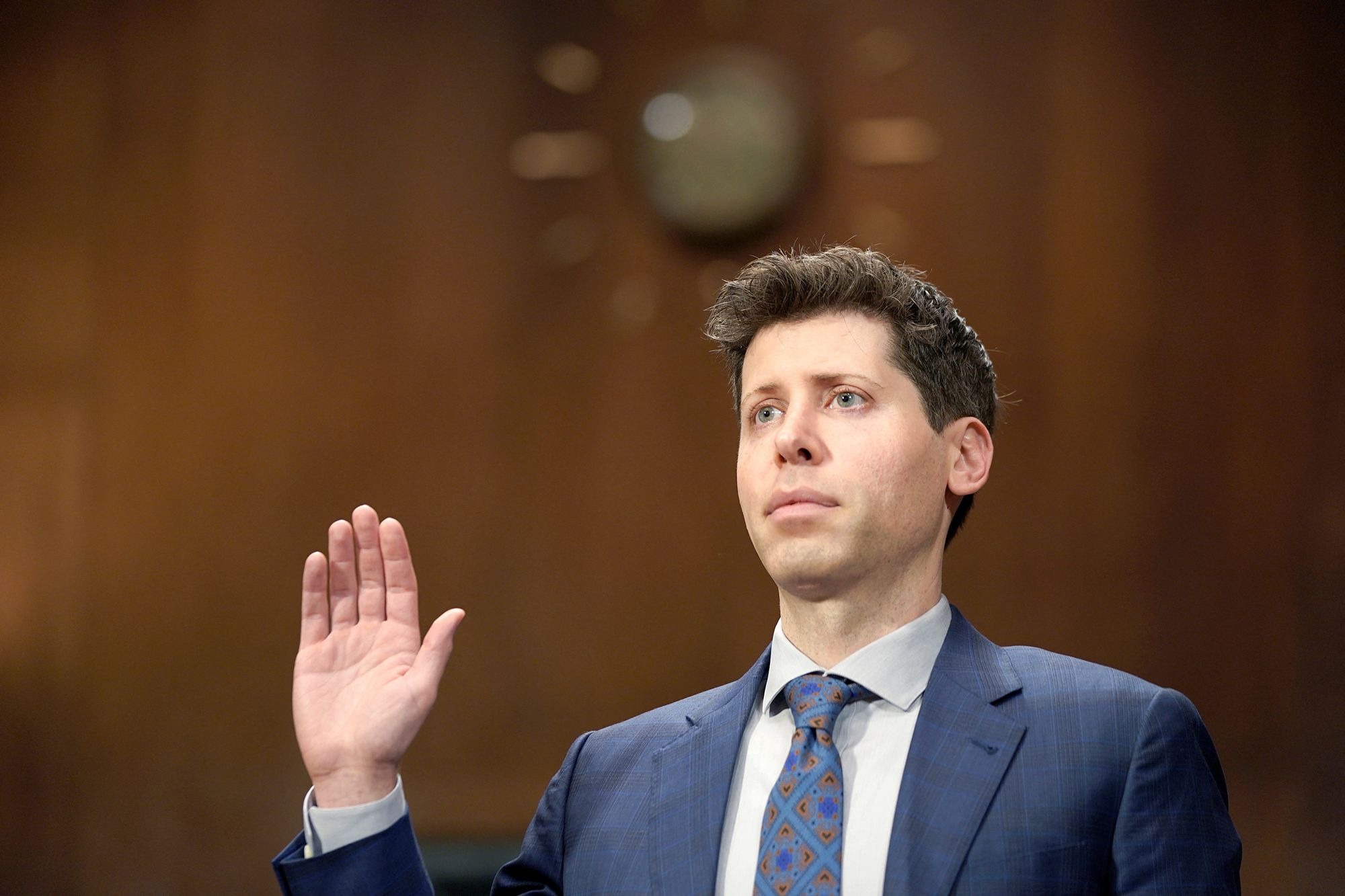Artificial Intelligence (AI) is rapidly becoming integral to everyday tasks within over 100 congressional offices, aiding in constituent correspondence, member scheduling, and even drafting legislation.
Lawmakers and their staff are eager to explore further applications of AI to alleviate staff workload, enhance research capabilities, facilitate bill drafting, and extend outreach to constituents, all without the need to expand the payroll.
While Congress has a reputation for lagging in technology adoption, particularly evident in past instances like Senator Ted Stevens’ description of the internet as a “series of tubes,” lawmakers are determined to be at the forefront of AI integration.

Congress confronts security risks (Credits: Politico)
Representative Bryan Steil emphasized that AI won’t replace humans but suggested that those leveraging AI could potentially replace those who are not.
However, even AI proponents acknowledge the associated risks, such as cybersecurity concerns and potential misuse of private constituent data. Lawmakers are cautious and acknowledge the need for appropriate safeguards.
To address these concerns, Congress is working on early guardrails for AI use, with the House’s Chief Administrative Office expected to unveil a draft policy for AI usage across the House in the coming months.
This policy will be based on the National Institute of Standards and Technology’s AI Risk Management Framework, adapted for the specific complexities of the House environment.
While adopting broad guidelines for AI usage, individual offices will have the flexibility to manage AI tools based on their appetite for innovation and risk.
Notable use cases envisioned by lawmakers include listening to audio versions of reports during commutes and using AI to handle overwhelming casework while protecting constituents’ personal information.
Although AI programs are still in the early stages of adoption, more than 200 staffers in 150 House offices are participating in a pilot program using Chat GPT+ for various tasks.
The current focus is on generating a first draft of testimony, statements, or speeches, with human editors refining the AI-generated content. OpenAI’s ChatGPT is currently the only AI provider approved by the House, with commitments to protect data and not use it for training models or sharing it with other customers.
While the House has made significant strides in AI adoption, the Senate is in the early stages of experimentation. A working group has been established, and guidance has been issued for pilot efforts, focusing on research and evaluation purposes using non-sensitive data to manage risks associated with AI adoption.
























